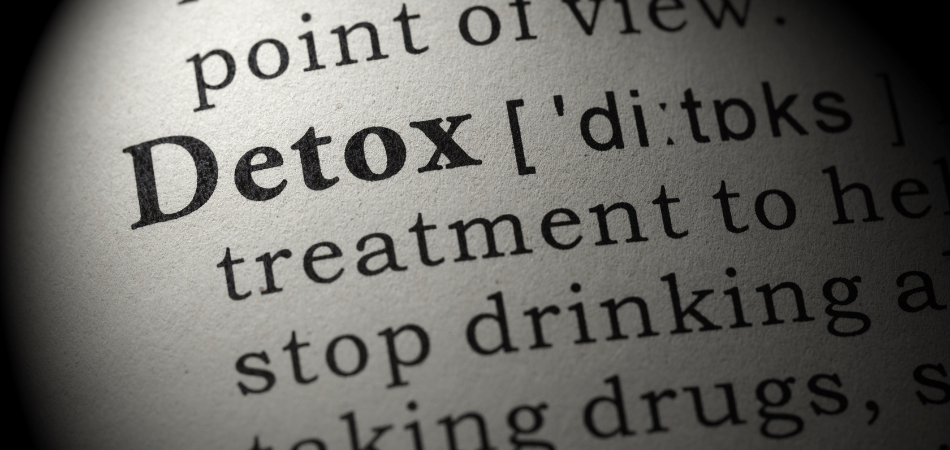Mephedrone Addiction Treatment (Rehab and Detox)

Written by:
Last Updated:
May 7th, 2024
Mephedrone addiction can be an incredibly isolating experience, leaving you feeling trapped and alone. However, undergoing mephedrone addiction treatment at Sanctuary Lodge can ensure that you are never left to suffer on your own again. Our approach to treatment involves three critical stages, each designed to address a different aspect of legal high addiction to mephedrone. Through detox, rehab treatment and relapse prevention planning, we offer a comprehensive pathway to recovery and a life free from mephedrone.
Stage one: Mephedrone detox
Detox is the initial phase of treatment for mephedrone addiction. It is the clearing of mephedrone and its toxins from your body with medical supervision to manage withdrawal symptoms safely. This involves supportive care and potentially the administration of medication to ease mephedrone withdrawal symptoms and ensure safety.
All legal high addiction treatment at Sanctuary Lodge begins with detox. It helps to break the physical and psychological grip of mephedrone safely and stabilises your condition for further treatment. We create a personalised detox plan based on your health and recovery needs. This plan is adaptable as and when those needs change to ensure you are guided through each withdrawal stage.
Preparing for mephedrone withdrawal
Preparing for the mephedrone withdrawal process is key to a successful recovery. Most importantly, understanding which mephedrone withdrawal symptoms may emerge can ensure you are not taken by surprise.
Mephedrone withdrawal symptoms often include both physical and psychological reactions. Physical symptoms include:
- Fatigue
- Shaking
- Excessive sweating
- Intense cravings
- Anxiety
- Depression
How long does mephedrone detox last?
The duration of mephedrone detox varies depending on individual factors, such as the length of your mephedrone use and the dosage you have been taking.
The onset of mephedrone withdrawal symptoms usually occurs several hours to a day after cessation, peaking within the first few days. The acute phase of mephedrone withdrawal typically lasts for about a week, but as with other substances, some psychological symptoms can persist well beyond this period, requiring long-term support and management.
Professional support is essential when dealing with mephedrone withdrawal. Sanctuary Lodge offers a supportive environment with medical and psychological care to help manage symptoms effectively and guide patients towards a lasting recovery.
Stage two: Mephedrone rehab
Mephedrone rehab therapy is designed to help you stop using mephedrone by addressing the psychological aspect of addiction and any emotional, mental health or social issues that are fuelling your use. It is designed to support you in developing healthier coping mechanisms and a drug-free identity so that you never return to mephedrone use, whatever happens in your life.
Mephedrone rehab at Sanctuary Lodge is provided alongside our detox programme at our inpatient recovery centre. This allows you to focus purely on your recovery without any distractions, triggers or negative voices. Staying as a resident alongside staff and recovery peers can also help you improve social skills and build new relationships to help you stay strong.
What types of therapy will I take part in during mephedrone rehab?
During mephedrone rehab at Sanctuary Lodge, you will engage in a variety of therapeutic activities designed to address the psychological and social fallout of the drug. Our therapy range is designed to support a thorough and lasting recovery with just some of our most effective therapies including:
Stage three: Mephedrone relapse prevention
The transition back to everyday life after mephedrone rehab can be challenging, filled with potential triggers and old habits. Sanctuary Lodge is dedicated to supporting you through this critical period with comprehensive relapse prevention strategies:
Aftercare attendance
To ensure you remain supported after leaving rehab, Sanctuary Lodge offers a year of free group therapy. These sessions are invaluable for reinforcing your recovery and providing crucial support when you encounter obstacles.
Management of triggers
A key component of relapse prevention is identifying your personal triggers. These include all the situations, people or emotions that may provoke a return using mephedrone. You can then develop strategies to manage them effectively through the various forms of rehab therapy offered at Sanctuary Lodge.
Support group attendance
Participating in support groups ensures you receive continued peer support and accountability. We will help you connect with your local Narcotics Anonymous and any other support groups which can help reinforce the coping strategies learned in therapy. We will also invite you to join our alumni network, a community of recovery peers with whom you can share your experiences and challenges.
Making healthy lifestyle changes
Implementing healthy lifestyle changes can play a significant role in recovery. At Sanctuary Lodge, we focus on promoting physical health, mental well-being and emotional stability to support a mephedrone-free life after you leave rehab.
Stress management techniques
Learning to manage stress effectively is essential for preventing relapse. Techniques like yoga, meditation and relaxation exercises are taught to help you handle stress without resorting to drug use.
Staying connected to support network
Keeping in touch with your therapists, family, and friends is vital for relapse prevention. They can provide emotional support and practical assistance, helping you overcome the hurdles of post-rehab life.
Begin mephedrone addiction treatment with Sanctuary Lodge
Recovering from Mephedrone addiction requires courage and commitment, but Sanctuary Lodge is ready to stand by your side. With our professional medical supervision, therapeutic intervention and robust aftercare support, we provide all the resources you need to successfully navigate the complexities of recovery.
If you are ready to take the first step towards reclaiming your life from mephedrone, contact Sanctuary Lodge today.







